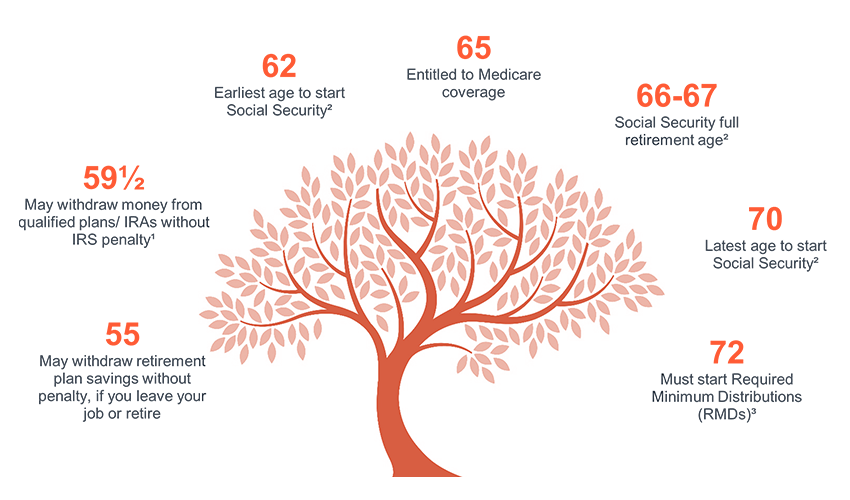Waiver of 60-Day Rollover Requirement

e Internal Revenue Service (IRS) allows distributions to be excluded from income if they are rolled over to an eligible retirement plan or Individual Retirement Account (IRA) within 60 days. Revenue Procedure 2016-47 offers additional guidance, as well as a self-certification process that details how a taxpayer could accomplish a rollover that does not meet the 60-day requirement under certain circumstances.
Conditions for Written Self-Certification
Before a taxpayer may self-certify that the 60-day waiver has been met, the following conditions must be satisfied:
- No prior IRS denial
- Rollover must be made as soon as practicable. This requirement is deemed to be satisfied if made within 30 days after one of the reasons below no longer prevents the taxpayer from making the rollover.
- 60-day deadline missed due to one or more of these 11 approved reasons:
- Receiving or distributing financial institution error
- Misplaced and never cashed check
- Taxpayer mistakenly believed money was already invested in eligible retirement plan
- Taxpayer’s principal residence was severely damaged
- Taxpayer’s family member died
- Taxpayer or family member was seriously ill
- Taxpayer was incarcerated
- Foreign country imposed restrictions
- Postal error
- Distribution due to a levy under §6331 and the proceeds of levy have been returned to the taxpayer
- Party making the distribution delayed providing required information despite the taxpayer’s reasonable efforts to obtain the information
IRA Requirement
Currently, IRA trustees report rollover contributions received for that year on a Form 5498, IRA Contribution Information. The IRS intends to update Form 5498 instructions to require that IRA trustees also report rollovers that are accepted after the 60-day deadline. More guidance is expected once instructions are released.
Next Steps
The Revenue Procedure includes a model self-certification for taxpayers to use. Effective August 24, 2016, the plan administrator or IRA trustee may rely on the taxpayer’s self-certification in determining whether the 60-day waiver has been satisfied until or unless the IRS states otherwise as a result of an audit; or, the IRA trustee or plan administrator has actual knowledge to the contrary.
This article was written by Principal Financial Group and originally published in their September 2016 Compliance Newsletter.
ACR#211766 10/16



